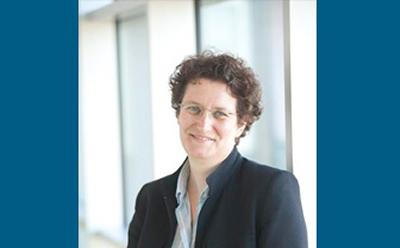Ground-breaking research on residential mobilities over the life course

Although there is an expanding body of literature on residential mobility across sections of the life course, a full life course perspective has remained lacking. A recent research project in the CPC, involving Prof. Jane Falkingham, Dr Joanna Sage, Dr Juliet Stone and Dr Athina Vlachantoni shed new light into the ways in which residential mobility is associated with life course events in terms of individuals’ employment, partnership and fertility, and how these are influenced by socio-historical context.
The research applied sequence analysis to data from the lifetime histories module in the English Longitudinal Study of Ageing to produce a range of mobility trajectories. Three birth cohorts were compared: men and women born between 1918-1927; 1928-1937 and 1938-1947. These cohorts have been shaped by the time period through which they have lived; for example those born in the 1930s benefitted from being young adults during the expansion of education in the post war British welfare state, whilst those born in the late 1940s entered the work force at the time of gender equality legislation.
The research, which has been published in the journal Advances in Life Course Research, found differences in residential mobility both between men and women, and between different cohorts. There is persistent continuity in patterns of residential mobility between male cohorts, but younger female cohorts experience different residential mobility trajectories to older female cohorts, reflecting changes in female labour participation and the timing of parenthood.
Prof. Jane Falkingham who led the research, commented: “It is interesting that the gender differentials in patterns of residential mobility are starker during young adulthood, which tells us something about the developing diversity in pathways to adulthood between men and women, and about women’s changing role in society”.
The project not only contributes to our greater understanding of residential mobility during the life course of today’s older people, but it also highlights the importance of using a life course perspective to understand dynamic changes in individual’s circumstances over their lives.
For more information about the project and the Centre for Population Change, please visit www.cpc.ac.uk